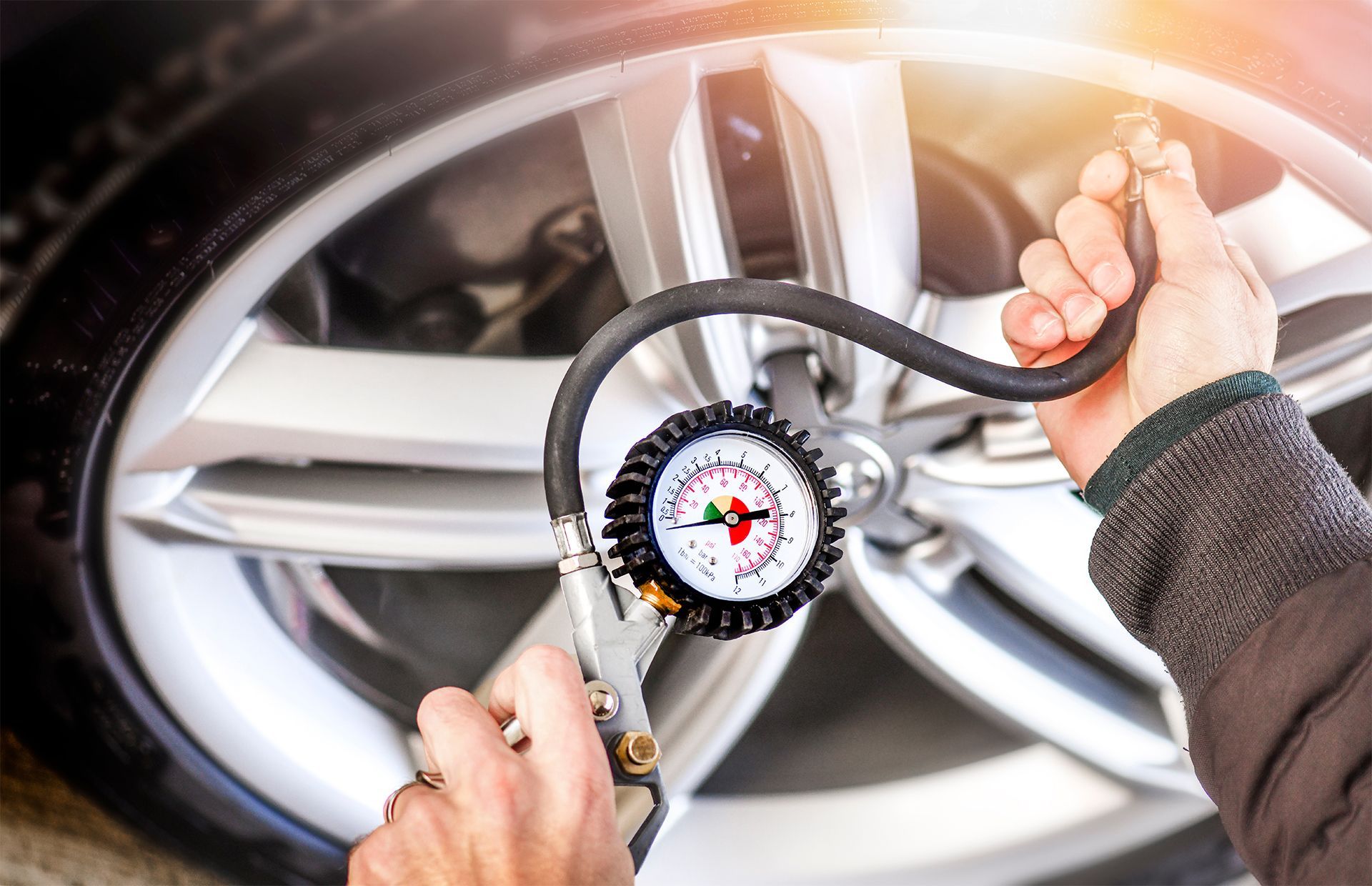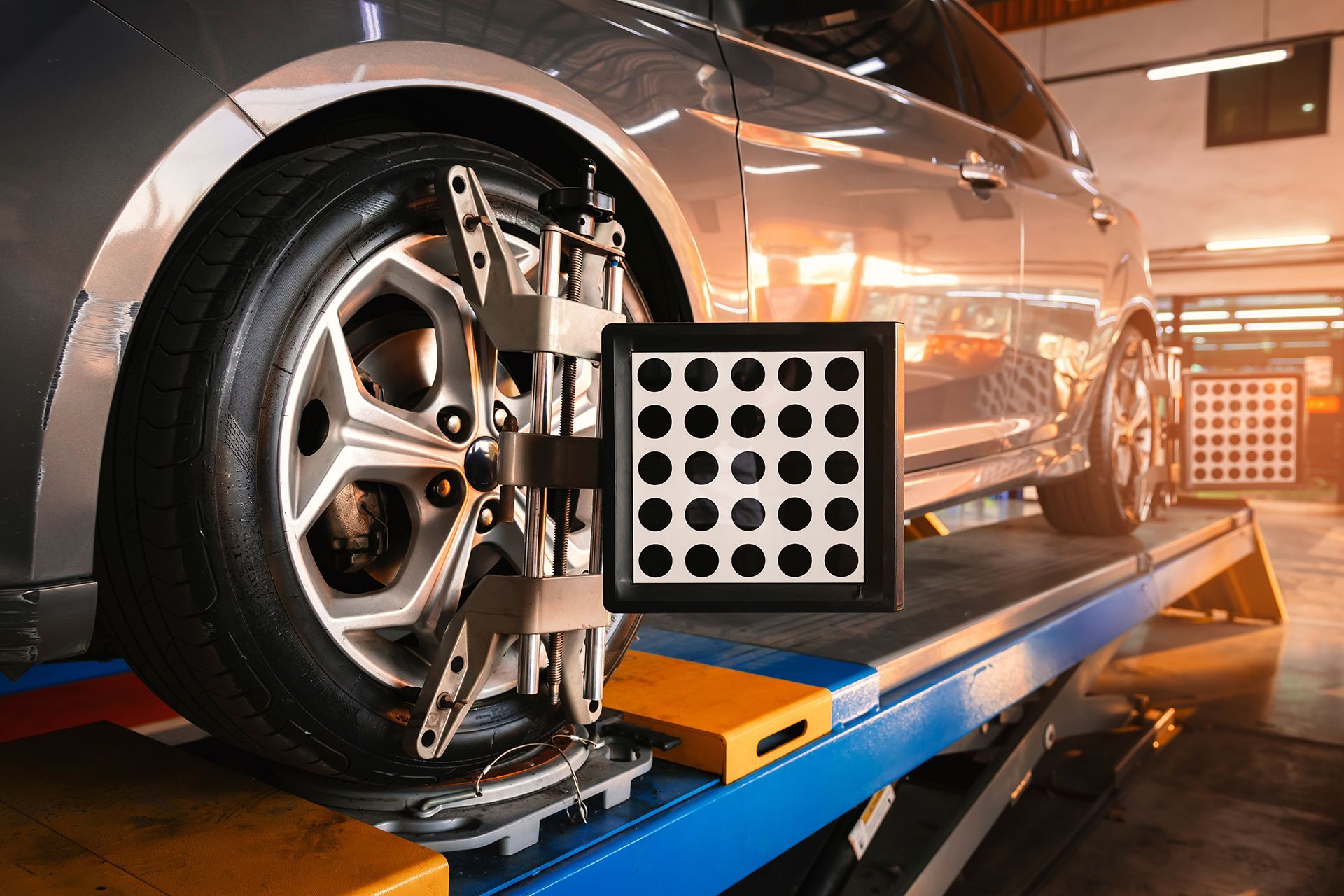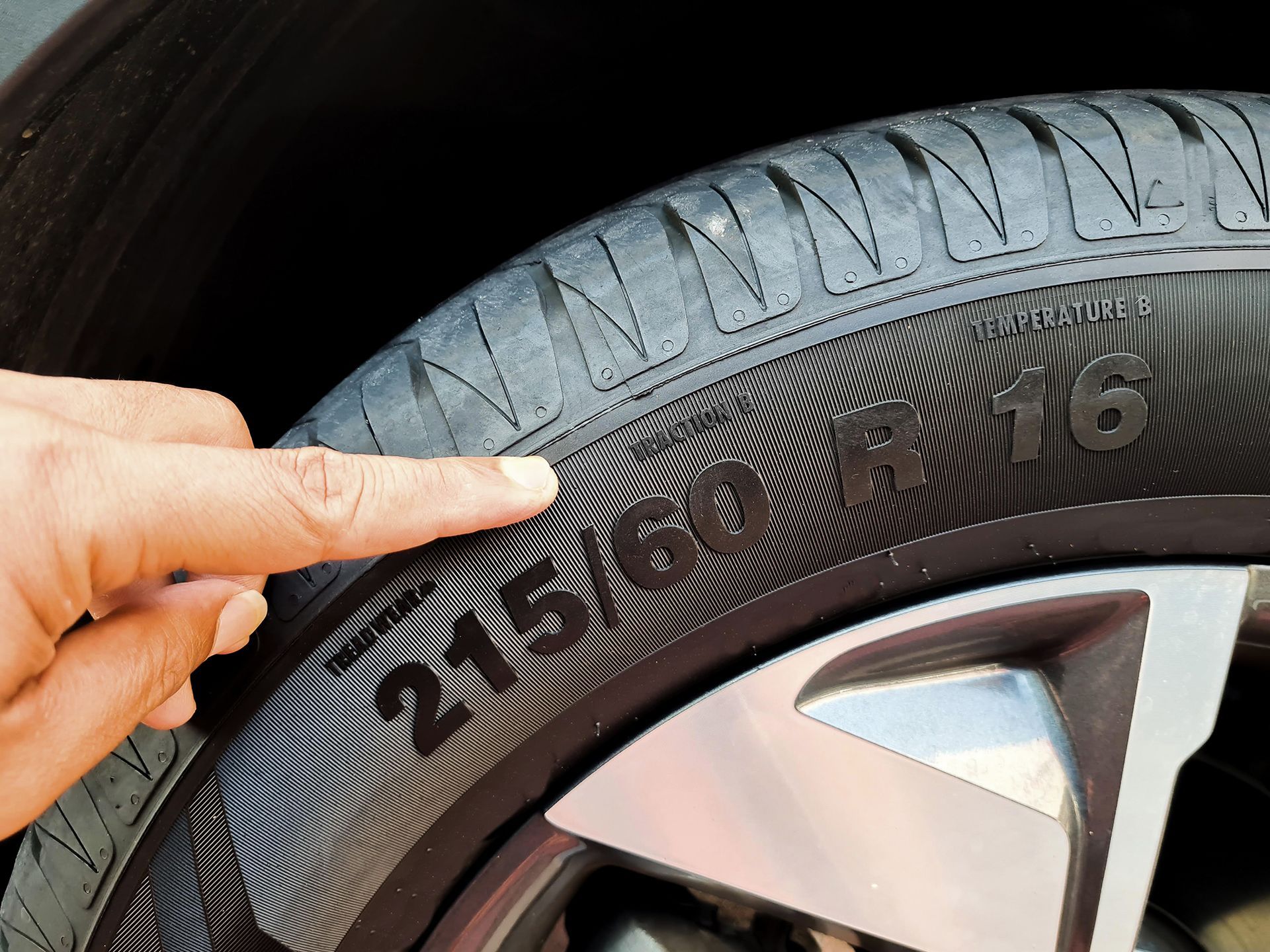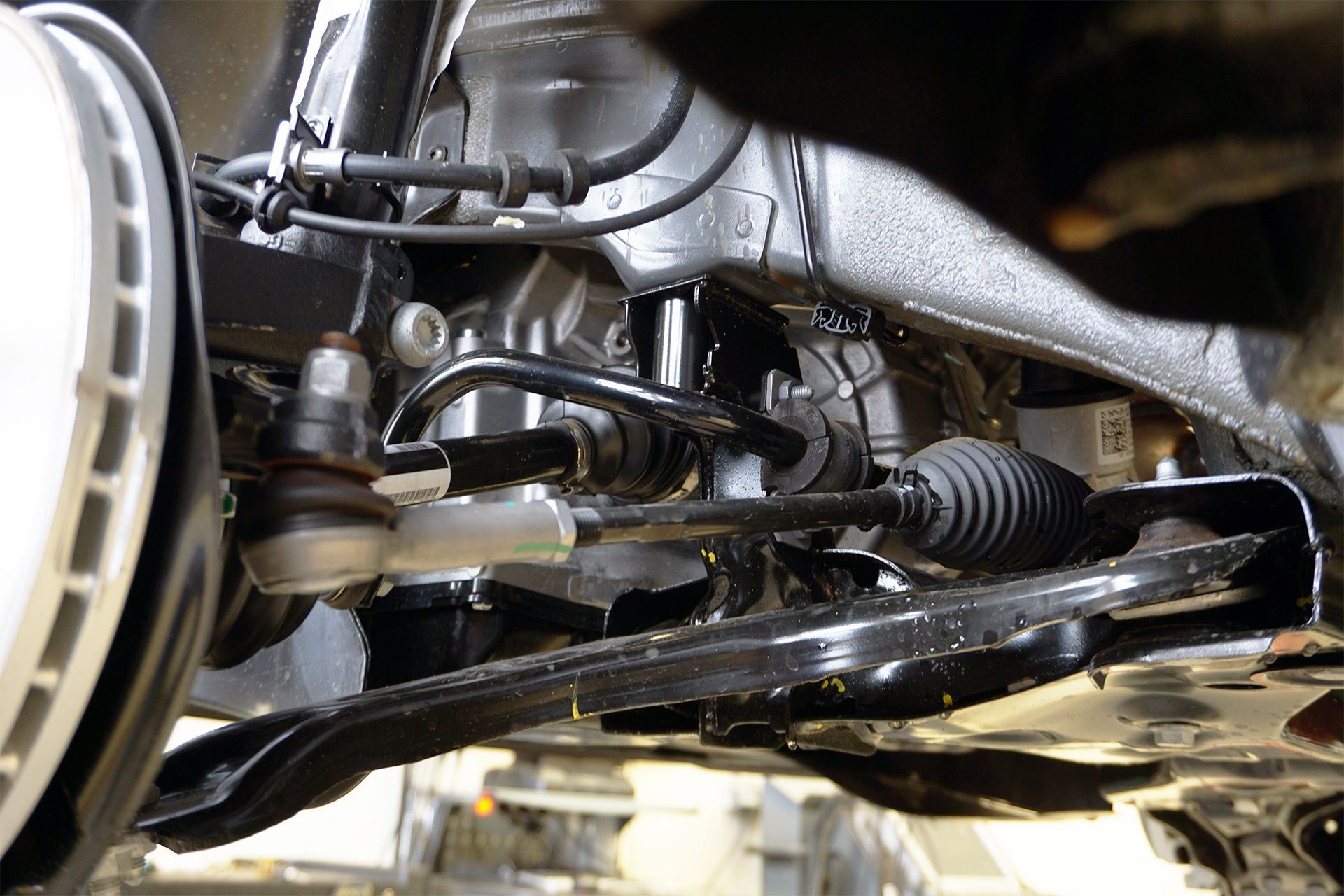Car running out of oil regularly?
Tell us now - THIS IS CRITICAL!
We know the importance of regular oil changes and we generally recommend having your oil changed every 3 months or every 3,000 - 5,000 miles. As driving style and type of oil can affect oil change intervals, we recommend discussing what is appropriate for your vehicle with our service advisers.
If you regularly run low on oil be sure to report it to your mechanic because you may have a leak or may be burning oil.
If you run out of oil your entire engine will seize up and THERE IS NO WAY TO FIX THIS - you must replace your engine!

A Quick Guide to Oil Changes and Filters
Check your owner's manual to see if your driving habits are considered to be "severe service". This type of driving requires more frequent oil changes, warns the Car Care Council. Have the oil changed accordingly, usually every 3,000 to 5,000 miles. For less wear and tear on the engine, drivers in cold climates (sub-zero driving temperatures) should drop their oil weight from 10W-30 to 5W-30.
Oil Filter Description: The typical oil filter consists of a high-strength steel housing containing various types of filtering media. An anti-drainback valve prevents oil from running out of the filter when the engine is off. Today's oil filters have a convenient spin-on design that makes removal and installation easy.

Oil Filter Purpose: The oil filter sifts out contaminants, allowing the oil to flow through the engine unrestricted. Should the oil filter become restricted or clogged with contaminants, they will flow around the filter. This bypassing is a safety mechanism, but you never want to let oil and filter changes go so long that bypassing takes place.
Oil eventually starts to turn into jelly - literally, petroleum jelly. Sludge clogs up oil passages and keeps oil from getting to some areas of the engine, causing parts to wear out prematurely, leading to expensive engine repairs.
That's why you need to change the oil and oil filter on schedule - to get the old oil out before it turns into sludge. Your manufacturer will have a recommendation for how many you can go between oil changes. They also usually have a number of months between recommended oil changes. That's because the detergents and other additives in the oil break down over time.
Your owner's manual will have a recommendation for time and mileage, but you need to remember that it's based on using the recommended weight of oil. Also, if your vehicle comes from the factory with synthetic oil, the recommended intervals assume you continue to use synthetic oil.
Also, how you drive your vehicle can have a big effect. Most owner's manuals will have a list of driving conditions that are harder on your vehicle. Things like stop and go driving, short trips, or driving in very hot or cold weather, heavy loads, and towing. If some of your driving fits this you may need to change your oil and do other maintenance on a shorter schedule.
This may sound complicated. Some vehicles have an oil life calculator that takes all of these factors into account and tells you when you should change your oil. Otherwise, talk to one of our service advisers about how you drive and get their recommendation for when to take care of your service.
Finally, if any of the steering or suspension parts can be lubed, our technicians can take care of that with a lube, oil, and filter service. Contact us today for all of your oil, lube, and filter needs!
It is cheaper to change your oil than it is to change your engine!










